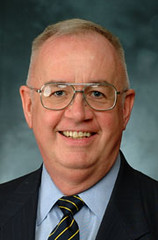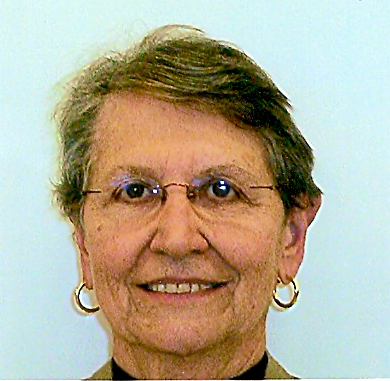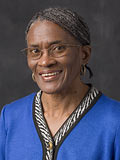 November 28, 2010 marks the fiftieth anniversary of Richard Wright’s death, bringing to closure the celebration of his centennial. November 28, 2010 marks the birth, for those who demand reason and critical thought in a time of crisis, of principled readings and rereadings of Wright’s published works. They read in anticipation that some of his unpublished works will be printed in the coming years. Truly, Wright’s works are equipment for living in the chaotic twenty-first century as much as they were in the troubled twentieth century. The moment of birth and rebirth involves reconfiguring how the voice of a genius from Mississippi continues to bid the world to listen!
November 28, 2010 marks the fiftieth anniversary of Richard Wright’s death, bringing to closure the celebration of his centennial. November 28, 2010 marks the birth, for those who demand reason and critical thought in a time of crisis, of principled readings and rereadings of Wright’s published works. They read in anticipation that some of his unpublished works will be printed in the coming years. Truly, Wright’s works are equipment for living in the chaotic twenty-first century as much as they were in the troubled twentieth century. The moment of birth and rebirth involves reconfiguring how the voice of a genius from Mississippi continues to bid the world to listen!But it is not easy to listen to Wright in 2010, especially for people who cling to hope as they desperately seek to confirm the goodness of mankind. They do not hear the soothing platitudes they need for comfort. Skeptics and cynics, however wrongheaded they might be, stand a better chance of hearing Wright’s demands for a truth, for making justice more palpable, and for the purging of guilt. Yet, it is inevitable that all must listen to Wright, or at least overhear what he is saying, because his spirit haunts the world in a quest for peace.
Fifty years ago, Hoyt W. Fuller was able to find a small measure of peace and to mitigate his grief by remembering Wright “has spoken with eloquence and with all the power of his great overburdened heart that which he felt so deeply” (550-51).[1][1] Fuller concluded his meditation on Richard Wright with a modicum of hope: “Richard Wright was an American, tugging at the conscience and the submerged sense of reason of America, and American should be proud to have produced him. Perhaps someday a more mature America will embrace her rejected native son. Perhaps that time will come “(555). Unlike Fuller, we are suspicious of America’s conscience and sense of reason, beholding them as quite remote possibilities. We have greater anxiety about America’s capacity to remember.
Thus, the word perhaps opens cautionary dimensions. Perhaps those for whom Wright is more a living presence than a canonized writer, those who will to learn from Wright’s works the dignity of critical reflection and the great suffering that integrity demands -----well, perhaps they will succeed in persuading others of the unending importance of Wright’s visions, questions, and ideas. Perhaps they will fail. We can take consolation in the fact that they shall not fail and succeed simultaneously in a future of unarticulated designs. Perhaps the sheer force of uncertainty is our best assurance that the most essential qualities of Wright’s intelligence and foresight will not just vanish in the twenty-first century. Even from another world, Mississippi’s native son has audible authority in the world we inhabit.
Jerry W. Ward, Jr.
Dillard University











No comments:
Post a Comment